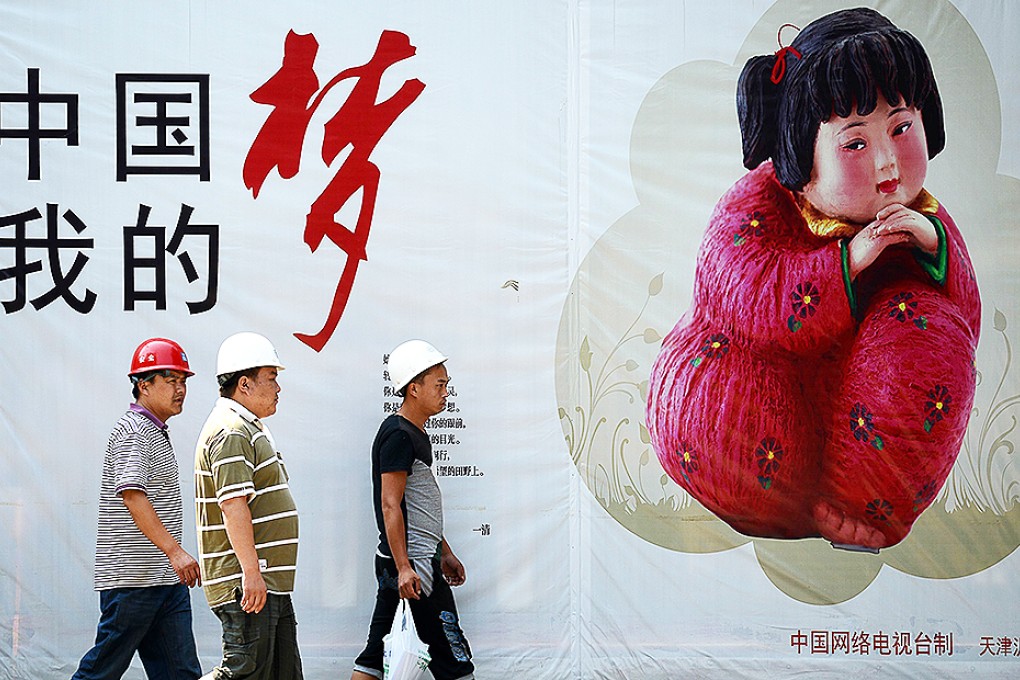Opinion | Post June 4, the party has thrived, but so has corruption
Frank Ching laments the Communist Party's failure to rein in corruption, 25 years after a show of public anger against it was brutally crushed

Twenty-five years ago, the world was shocked. Tanks rumbled through the streets of Beijing and shots were fired at students and other civilians who had gathered to protest against inflation and corruption. Hundreds, perhaps thousands, were killed.
Across the world, communism was in retreat. Six months previously, the Soviet Union pledged to withdraw troops from Eastern Europe. In Hungary, the communist party proposed a multiparty political system. In Poland, the newly legalised Solidarity trade union was holding talks with the government, which would lead to elections and a non-communist government. Latvia, Lithuania and Estonia declared themselves independent of the Soviet Union.
The writing was on the wall.
But in China, Communist Party elders led by Deng Xiaoping decided they would not go passively. Deng saw a link between events in China and abroad and decided to suppress what he called a "counter-revolutionary uprising", regardless of the cost in human lives.
A quarter of a century later, Deng's successors feel vindicated. "Why did the Soviet Union disintegrate?" Xi Jinping asked while pondering the collapse of the Soviet party. He concluded: "In the end nobody was a real man, nobody came out to resist" and so "a great party was gone".
Xi, like Deng 25 years ago, is obsessed with the survival of the party and is doing everything possible to ensure that it remains in power indefinitely.
In the 1980s, the party offered a bargain to the people: wealth but not political reform. And the party has delivered. While in 1989 per capita gross domestic product was only US$400 a year, by last year it had increased nearly 17-fold, to US$6,800.
